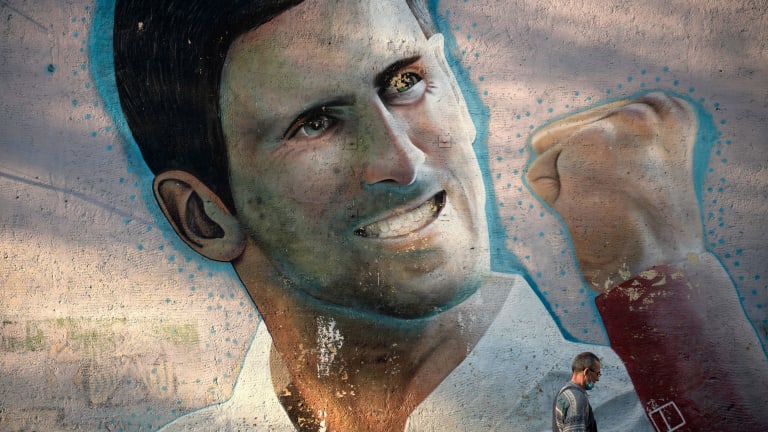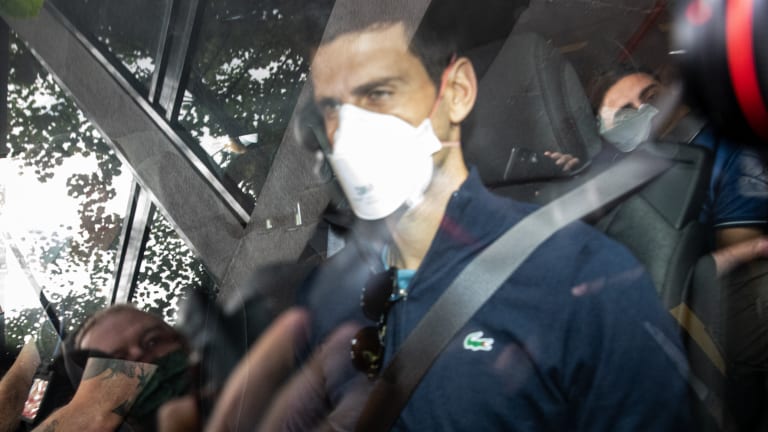Novak Djokovic almost pulled off a feat even more impressive than claiming 10 Australian Open titles. He single-handedly came close to turning a tournament that pridefully calls itself the “Happy Slam” into the “Miserable Major.” The contortions Djokovic went through to avoid the tournament’s vaccine mandate, and the protracted legal battle that ensued, left a trail of confusion, anger and bitterness that ruined the run-up to the event.
By the time he was booted out of Oz, the nine-time champ did significant damage to the tournament, largely because of his hubris, along with ill-conceived and sloppily executed maneuvers to take part in the event via an exemption. How did the Aussies, who have labored under some of the pandemic’s most draconian lockdowns anywhere, take all this? A poll asking if Djokovic ought to have been granted an exemption to participate, conducted by the Herald-Sun newspaper, attracted almost 17,000 responses with a whopping 92 percent opposed granting Djokovic the exemption.
But Djokovic seemed unable to read the handwriting on the wall any more than he was capable of owning the trail of boneheaded decisions and ghastly miscalculations that led to his downfall.
To the end, Djokovic acted like a man wronged, rather than what he turned out to be—a man wronging a nation that had suffered tremendously due to COVID-19. As columnist Malcolm Knox of The Age, a Melbourne newspaper, wrote in an assessment of Djokovic and his main enabler, AO tournament director Craig Tiley:
“For all the door-opening, the facilitating, the massaging of time slots and court locations, for all the super-VIP treatment, did Djokovic owe Tiley and the Australian Open something in return? Like getting vaccinated? Like understanding the consequences of trying to get into Australia on a tenuous basis? Or if not, like turning around and leaving Australia of his own free will, not because he thought it was fair or right, but because the reputation of the tournament that has given him nine trophies might benefit from it?”
No, Djokovic clearly was too busy working on what he thought was owed to him at the junction of hubris, entitlement, and perhaps even delusion.


